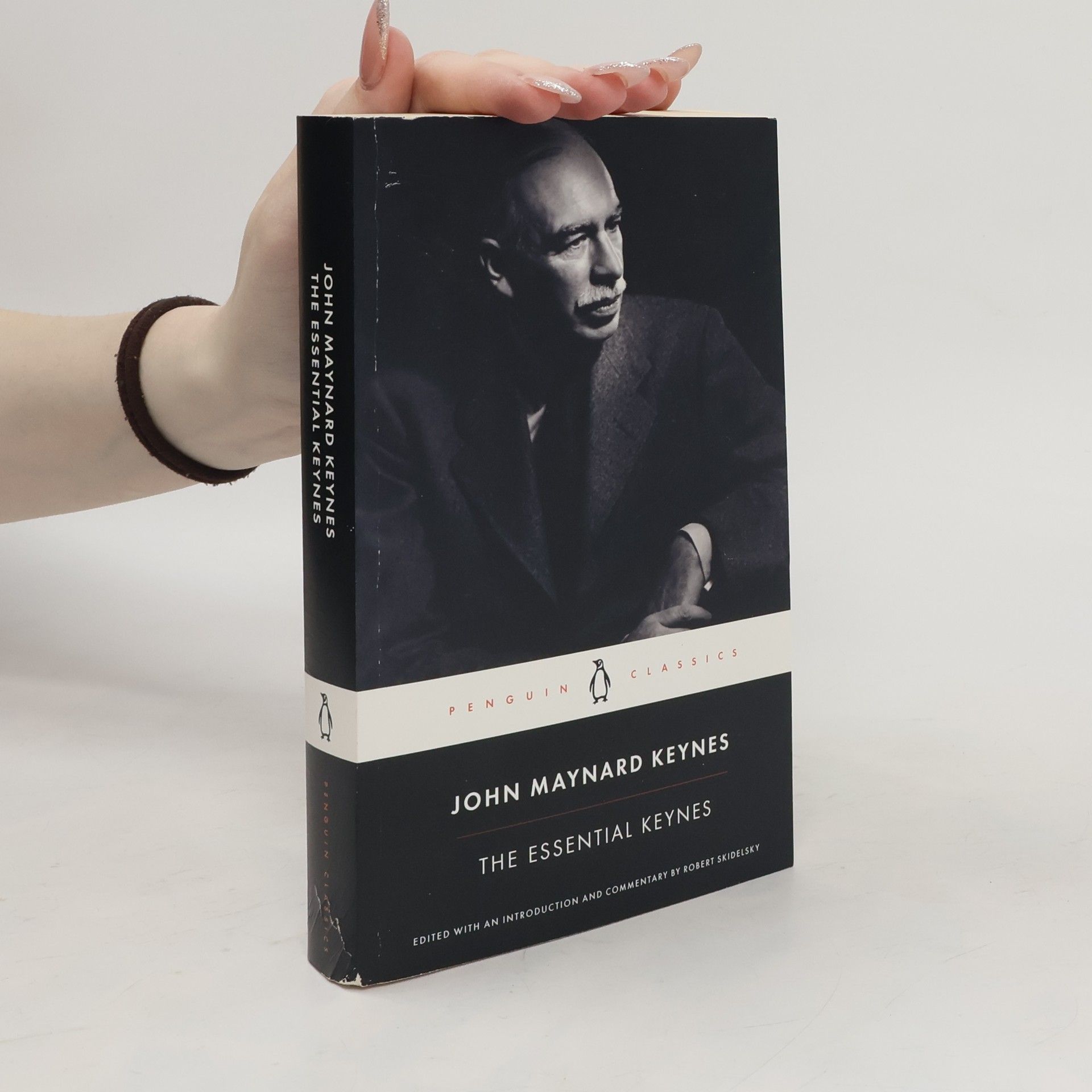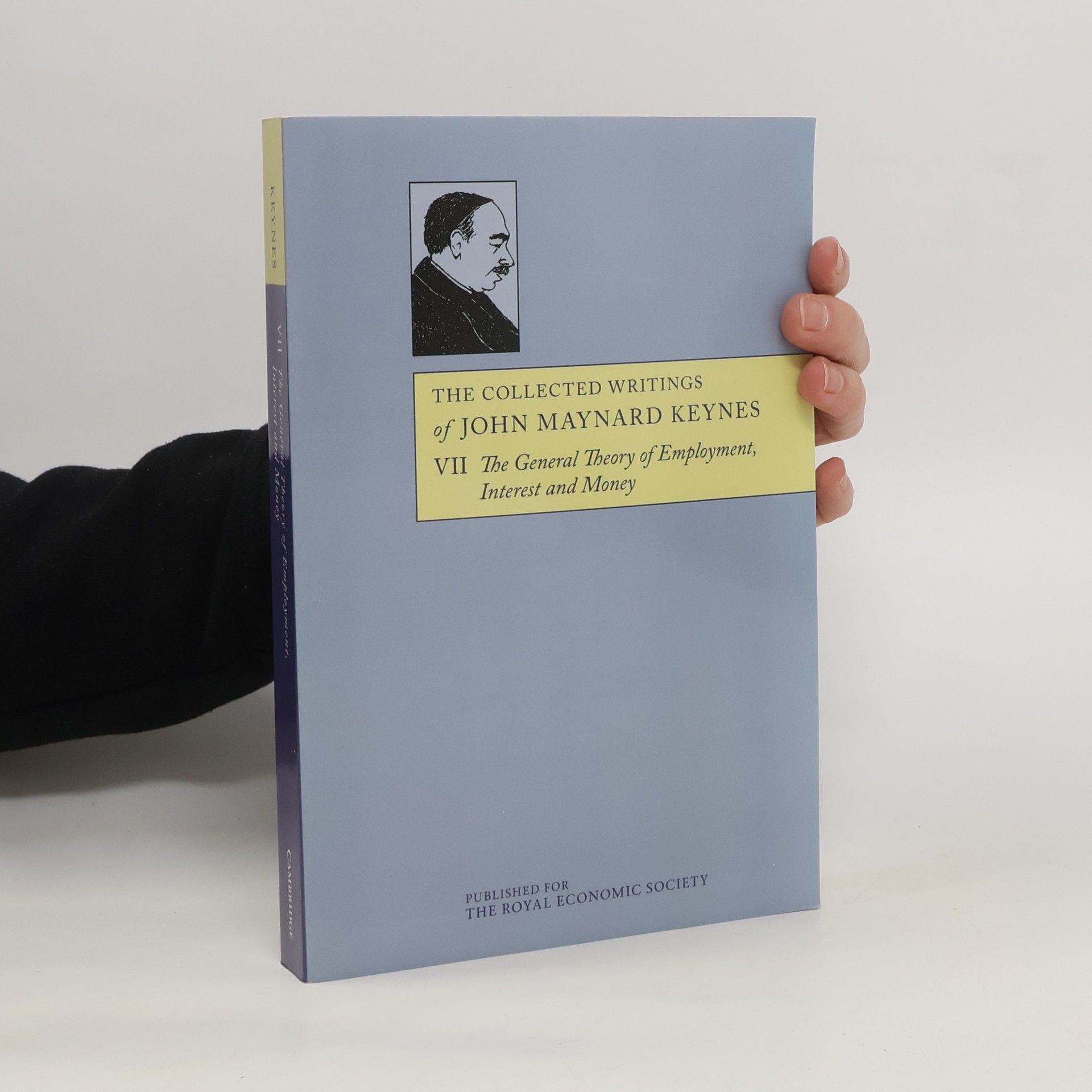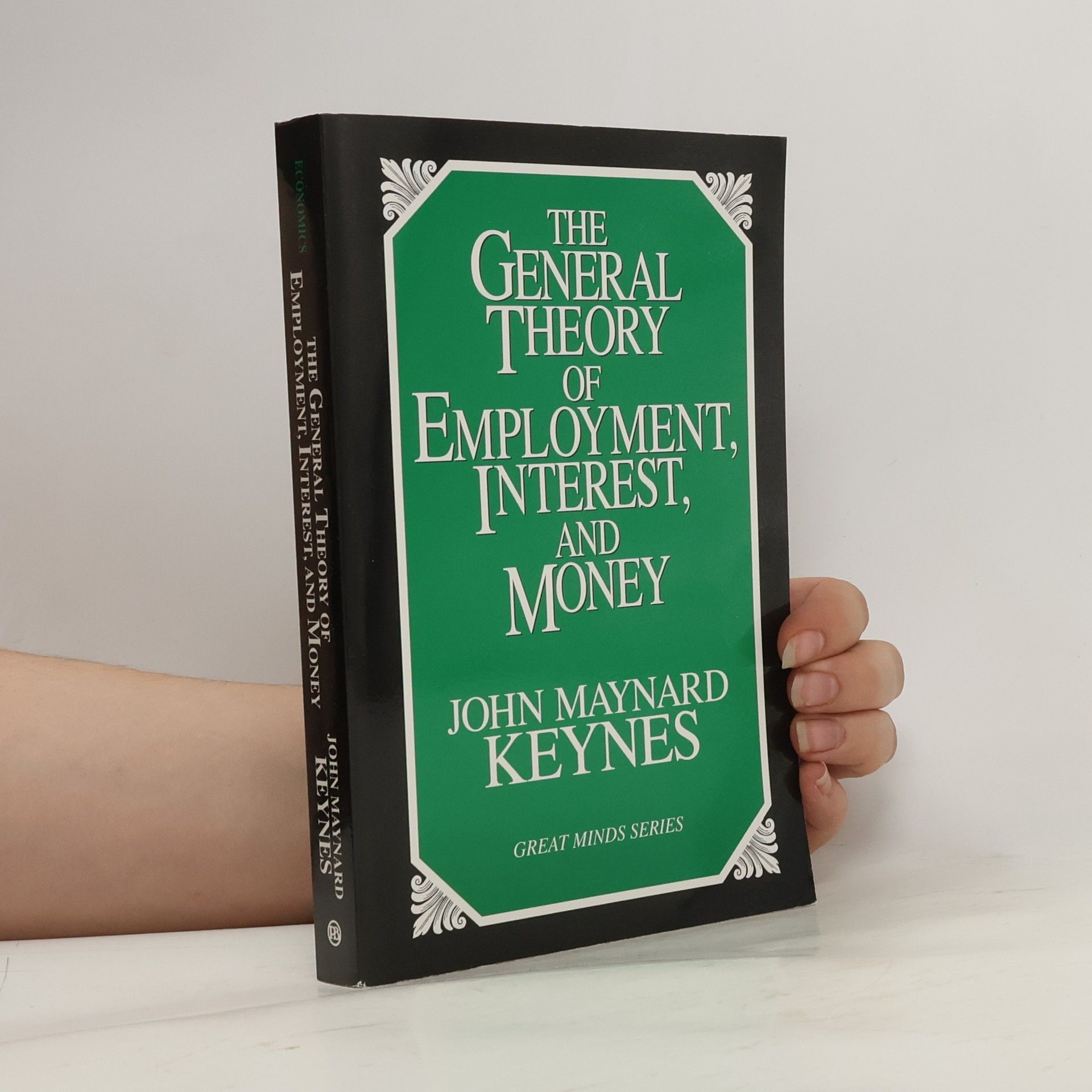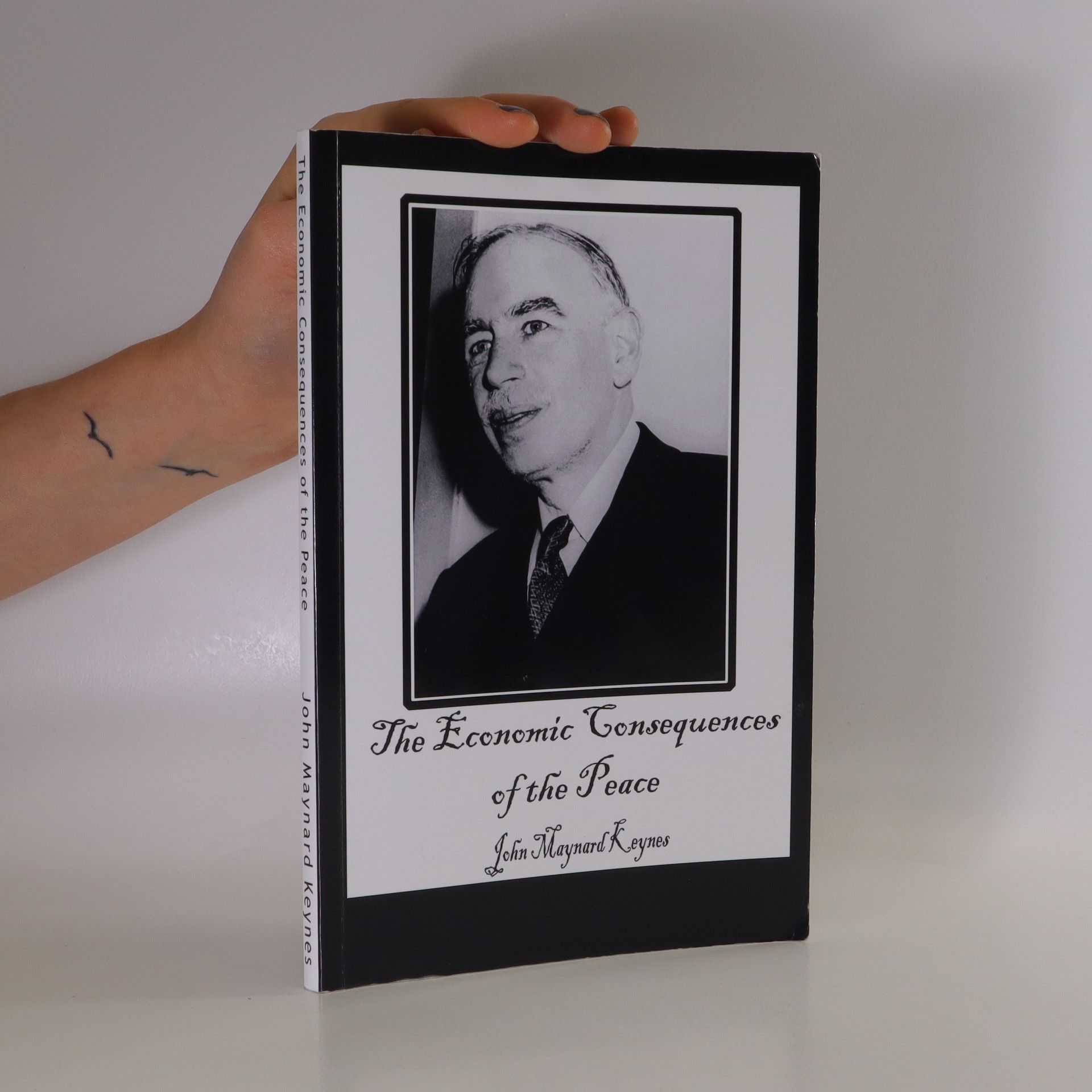Bibliothèque scientifique Payot: Théorie générale de l'emploi de l'intérêt et de la monnaie
- 386pages
- 14 heures de lecture
Économiste et financier britannique, John Maynard Keynes (1883-1946) est considéré comme l'un des plus grands noms de l'économie politique contemporaine. Son oeuvre a marqué dans la pensée économique une véritable révolution (au même sens que celle de Copernic en astronomie). Sa Théorie générale, qui a exercé une profonde influence sur les gouvernements occidentaux, affirme que tout doit être mis en œuvre pour assurer le plein emploi de la main d'oeuvre, grâce à une redistribution des revenus telle que le pouvoir d'achat des consommateurs croisse proportionnellement au développement des moyens de production. C'est là la condition, dans une société libre, de l'équilibre politique et social.








